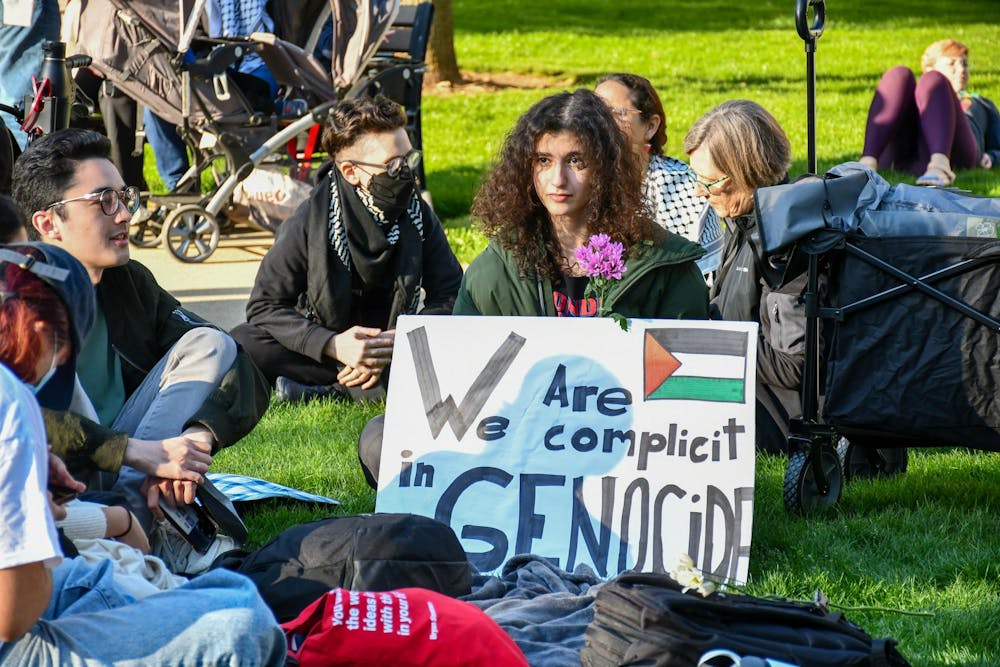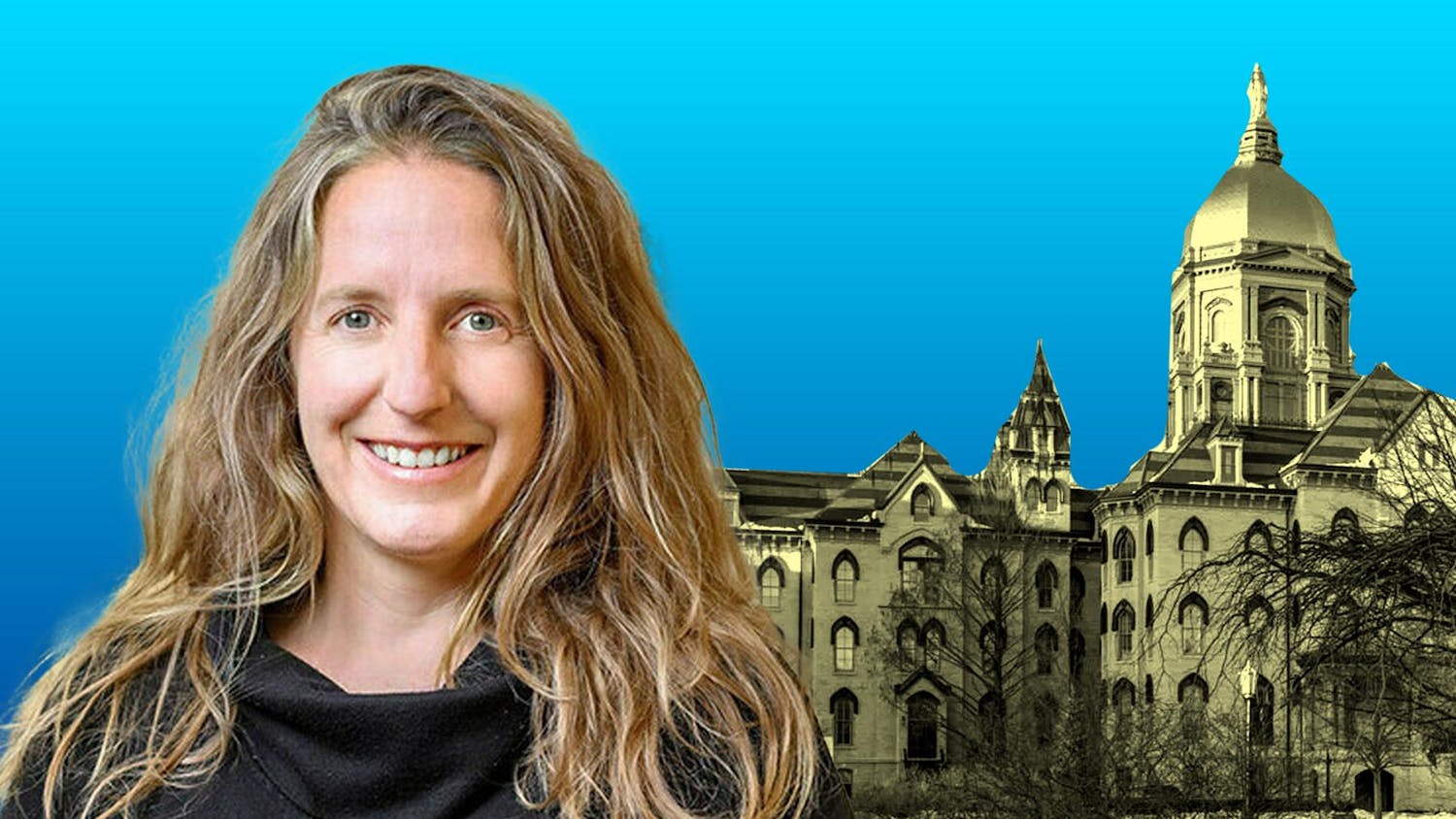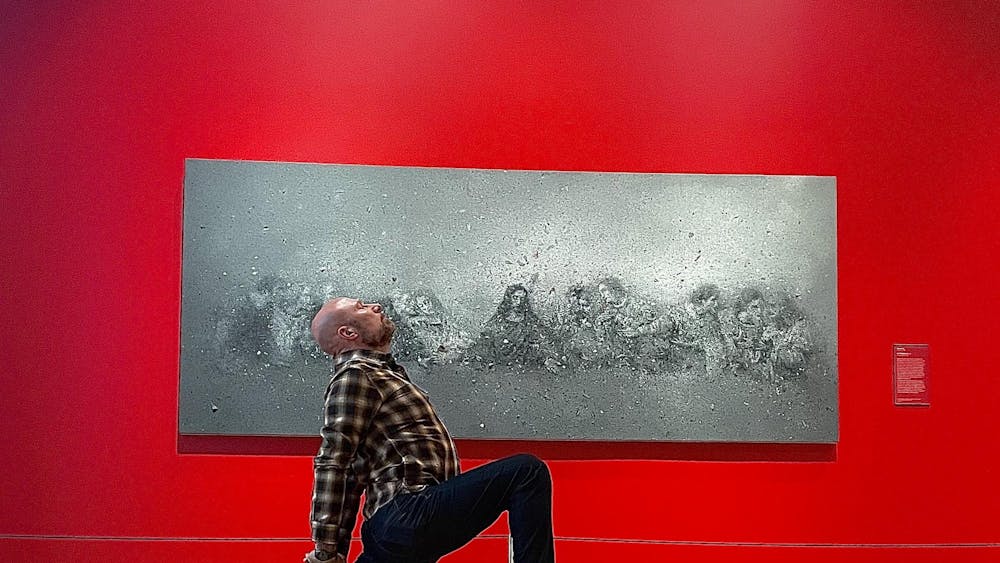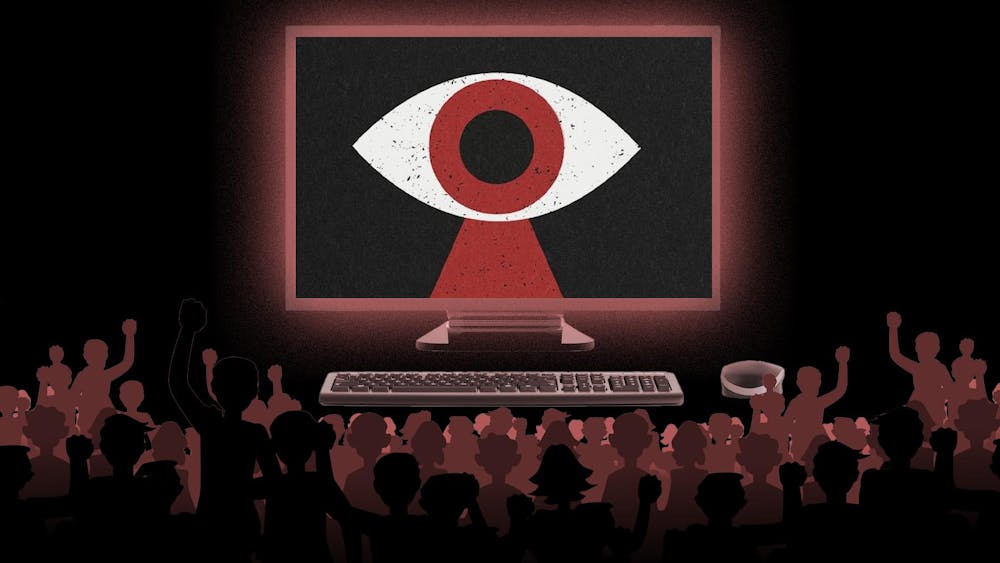As the brutal harassment, assault and arrest of students, activists and faculty continues to erupt across the country, it becomes increasingly difficult to imagine a world where the U.S. condemns Israel’s genocide of Palestinians. Peaceful protests in the form of encampments have broke out on college campuses across the country to stand in solidarity with Palestinians, protest against the genocide and urge each institution to divest from firms that support Israel and call for an immediate ceasefire.
An official declaration from colleges and universities opposing the ongoing genocide of Palestinians could persuade the U.S. government to call for a ceasefire and divest funding from firms that support Israel’s military.
From protests against the Vietnam War to anti-South African apartheid movements, college campuses have served as a rich ecosystem where activism grows and thrives. As young people are surrounded by a plethora of academia at their institutions, the ability to critically contest, analyze and process political issues in a nuanced and comprehensive manner steadily increases with time. This causes young people to not only be at the forefront of many political movements, but it also challenges mainstream discourses that are absorbed by the more general population. This effective contestation of mainstream political discourse holds immense potential to enact change and promote social justice. This statement is not hypothetical: we have seen this play out in real time throughout the history of social justice movements.
Currently, pro-Palestinian discourse has been suppressed in mainstream media as a tool to justify U.S. support for Israel. These efforts are supported by both Israeli propaganda and steadfast commitment of the U.S. to spreading democracy in the Middle East.
The media draws on the history of the Holocaust, antisemitism and Islamophobia to construct a strict binary of Israel as “good” and Palestinians as “evil.” The horrific history of the Holocaust is used to paint Israel as a moral nation built for the protection of an oppressed ethnicity, which fundamentally ignores the colonial erasure of Palestinians to create space for Jewish refugees.
Antisemitism is a very real, dangerous and threatening ideology that is both dehumanizing and oppressive. At the same time, this intense form of hatred has been weaponized to justify the erasure, displacement and murder of Palestinians in the pursuit of a homogeneous ethnic state devoted to the protection of an oppressed Jewish people. The trauma of the Holocaust cannot be used to justify the systemic erasure of another group of people, and yet we see this Zionist narrative continue to unfold in Israeli and Western discourse that positions people who are pro-Palestine as antisemitic.
This harmful rhetoric undermines the overtly complex reality of the Israeli-Palestinian conflict. Not only is there a long, painful history of colonialism that is often overlooked, but the ongoing Israeli occupation of Palestine is erased from our collective perception of the conflict. Context matters, and it has the power to deconstruct harmful narratives that justify actions that should never be validated.
October 7th was a horrific tragedy that cannot be justified, and its occurrence can be understood in the context of the broader history of an oppressed people that has been under Israeli occupation for 75 years. This contextual explanation can shift our perspective to encompass a series of complicated truths that reveal actions as violent resistance rather than terrorism, anti-occupation rather than antisemitism and genocide rather than the right to self defense. These subtle transformations of language frame the conflict in the nuanced light that it exists in. However, more often than not, a large shadow is cast over this perspective to promote an “us vs. them” binary that undermines the intricate and complex reality of the situation.
The encampments across college campuses have provided powerful imagery in contesting mainstream discourse that is justifying the genocide of Palestinians. As students stand in solidarity with Palestinians, they are met with brutal force, censorship and violence. On the 25th of April, students at the Notre Dame participated in a temporary encampment to show support for the efforts of other college students and urge the University to divest its funding for firms that are actively contributing to the genocide in Gaza. As outlined in a letter to Fr. Jenkins from the students, faculty and staff of Notre Dame, while Fr. Jenkins called for an immediate and permanent ceasefire on Feb. 24th, the University may continue to associate with companies such as Lockheed Martin, Raytheon, Boeing, Northrop Gruman and General Dynamics through investments and funding.
These companies are profiting from the genocide of Palestinians as they manufacture and supply weapons to the Israeli army. Words must be met with action, and it is essential that the University of Notre Dame acknowledges its role in the genocide of Palestinians to take action preventing its complicity and uphold the Catholic values of justice and human dignity.
During Notre Dame’s temporary encampment last Thursday, students peacefully protested by displaying signs and flags while they chanted calling for justice for Palestinians. Students were met with aggression from NDPD, who forcefully removed the tents they set up. Additionally, students were met with hurtful comments from their peers that ranged from accusations of antisemitism to being terrorist sympathizers.
This counter-contestation serves as a reminder to the harm of binary perspectives that produce unproductive arguments, which overlook the intricate composition of a long painful history of exile, destruction and dehumanization on both sides. At the root of this issue lies horrendous experiences of oppression in diverse forms. One form of oppression does not justify another, and it is essential that we remain in conversation to create space for nuanced perspectives that accurately reflect the reality of the situation.
The reality that we exist in a world where you can be arrested on your college campus for peacefully protesting against genocide is frightening. As student protests continue to spread and contest mainstream public discourse on Israel and Palestine, we must all make a conscious effort to continue to question overly simplistic explanations of a richly multifaceted issue to work towards a shared contextualized understanding that recognizes, challenges and opposes human atrocities.










